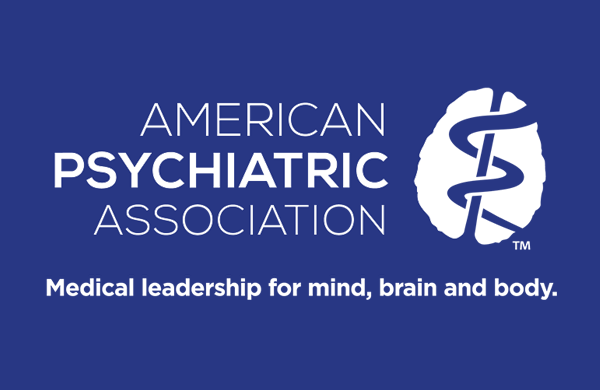So if a patient (<50) is on a QT prolonging agent (potentially), would you:
1. Prescribe an anti-depressant?
2. And if you would, which one?
3. Should I do monthly EKG monitoring? Or is this overkill?
I did literature review today, and it seems like the safest 3 are : Paxil, Mirtazapine and Wellbutrin. But again, this is not 'No risk", just low. So is it still safe?
Also, I'm reading maybe Effexor is safe too. Safer than Paxil?
But this article says Effexor is "medium" -> QT Prolongation and Antidepressants

 pubmed.ncbi.nlm.nih.gov
pubmed.ncbi.nlm.nih.gov
"and paroxetine appears to have the lowest risk. "
Or is Mirtazapine the safest?

 www.ncbi.nlm.nih.gov
www.ncbi.nlm.nih.gov
1. Prescribe an anti-depressant?
2. And if you would, which one?
3. Should I do monthly EKG monitoring? Or is this overkill?
I did literature review today, and it seems like the safest 3 are : Paxil, Mirtazapine and Wellbutrin. But again, this is not 'No risk", just low. So is it still safe?
Also, I'm reading maybe Effexor is safe too. Safer than Paxil?
But this article says Effexor is "medium" -> QT Prolongation and Antidepressants

A comparison of the risk of QT prolongation among SSRIs - PubMed
For clinicians who choose not to use citalopram due to recent Food and Drug Administration (FDA) recommendations, other antidepressants within this class may be considered. When citalopram is not utilized based on risk factors for TdP, use of escitalopram is not likely the safest alternative...
"and paroxetine appears to have the lowest risk. "
Or is Mirtazapine the safest?

Mirtazapine's effect on the QT interval in medically hospitalized patients
Mirtazapine is generally well tolerated in medically ill patients with and without formal psychiatric comorbidity to target sleep, appetite, nausea, and pain. However, there is little data regarding mirtazapine's potential to prolong the corrected QT ...

